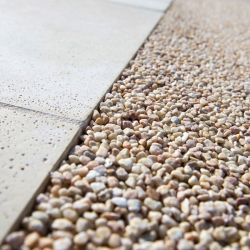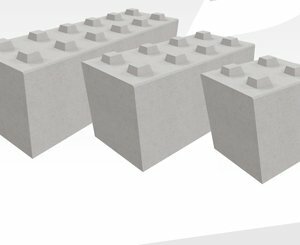The metropolis of Bordeaux, led by an EELV / PS alliance, voted Thursday its participation in the financing of the LGV Sud-Ouest (GPSO) project, with the votes of elected officials from the left and the opposition from the right and without the support of environmentalists, very hostile to the project.
Selection of products
To read also
-
 Saudi megaproject Neom courts Chinese investors
Saudi megaproject Neom courts Chinese investors
-
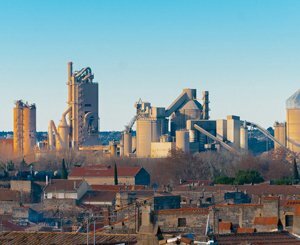 Reindustrialization: 55 turnkey sites to build factories in France
Reindustrialization: 55 turnkey sites to build factories in France
-
 Vinci Construction will carry out the extension of the Orano uranium enrichment plant
Vinci Construction will carry out the extension of the Orano uranium enrichment plant
-
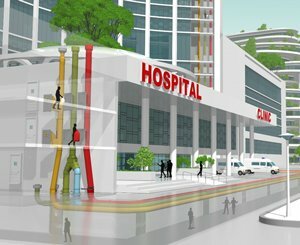 Envac wins two calls for tenders for nearly 10 million euros for pneumatic waste collection in two French hospitals
Envac wins two calls for tenders for nearly 10 million euros for pneumatic waste collection in two French hospitals
-
 The budget for the future BnF site in Amiens is approaching 100 million euros
The budget for the future BnF site in Amiens is approaching 100 million euros
-
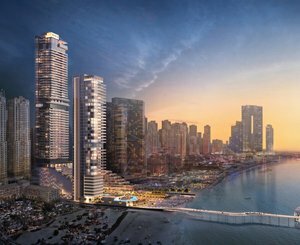 Envac will install its pneumatic collection system at the Five Luxe Hotel, one of the most innovative hotel projects in Dubai
Envac will install its pneumatic collection system at the Five Luxe Hotel, one of the most innovative hotel projects in Dubai
-
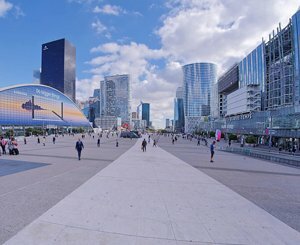 La Défense presents two new generation “mixed” building projects
La Défense presents two new generation “mixed” building projects
-
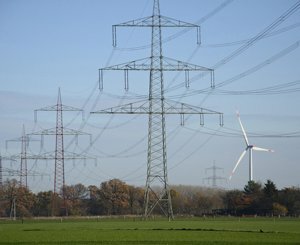 A 100 billion euro plan to modernize the French electricity network
A 100 billion euro plan to modernize the French electricity network
Popular News
-
 Old property prices are still falling but a recovery is taking shape
Old property prices are still falling but a recovery is taking shape
-
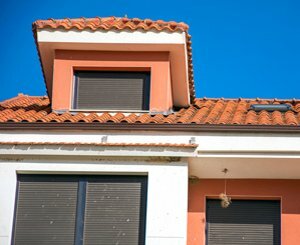 A report on anticipating the effects of +4°C warming reaffirms the need for housing adaptation
A report on anticipating the effects of +4°C warming reaffirms the need for housing adaptation
-
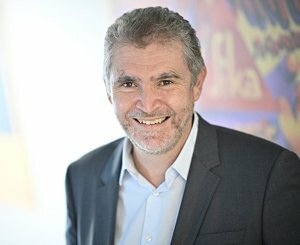 Laurent Galloux, new director of Sika France
Laurent Galloux, new director of Sika France
-
 AI is already revolutionizing businesses in architecture, engineering, construction... according to Autodesk's "State of Design & Make" study
AI is already revolutionizing businesses in architecture, engineering, construction... according to Autodesk's "State of Design & Make" study



